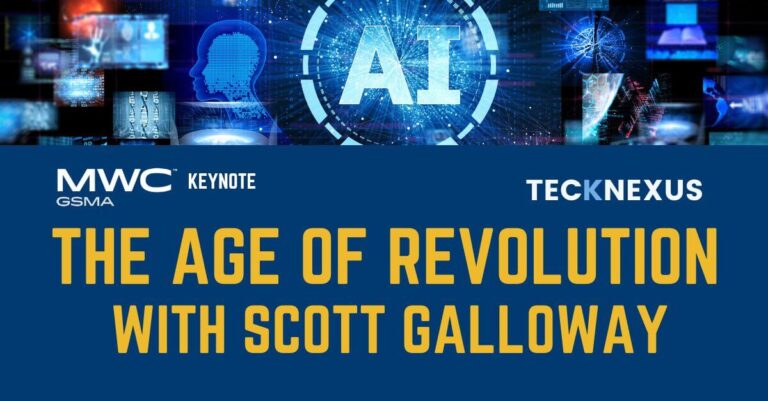In the rapidly evolving landscape of artificial intelligence (AI), the topic of export controls on U.S.-made AI chips has stirred a notable debate among industry leaders. Recently, Nvidia made headlines with its strong opposition to the stance of fellow AI company Anthropic, concerning the U.S. Department of Commerces proposed “Framework for Artificial Intelligence Diffusion.” This framework aims to establish stringent AI chip export restrictions, a move that has divided industry opinion and could have far-reaching implications for global AI development and U.S. tech dominance.
Understanding the Controversial AI Chip Export Controls
The U.S. Department of Commerce is considering implementing a framework that would significantly limit the export of AI chips to certain countries, notably China. This proposal, set to take effect on May 15, is part of a broader strategy to maintain U.S. leadership in AI technology and prevent sensitive technologies from falling into the hands of potential geopolitical rivals. While some industry players like Anthropic support these controls, arguing they are necessary for national security, others, led by Nvidia, warn of the negative implications for innovation and market dynamics.
The Case For and Against Export Controls
Anthropic has publicly supported the export controls, suggesting that stringent measures are required to manage the diffusion of advanced AI technologies, especially to countries with contrasting geopolitical interests. Their stance highlights concerns over the potential for AI technologies to be misused if they are not regulated adequately.
Conversely, Nvidia, a giant in the AI chip market, has criticized the proposed controls, asserting that they could stifle innovation and hinder competitiveness. Nvidia’s spokesperson humorously dismissed claims of smuggling AI chips in unconventional ways, such as in ‘baby bumps’ or alongside live lobsters, as suggested by proponents of tight restrictions like Anthropic. This statement underscores Nvidia’s view that the focus should remain on advancing technology rather than concocting elaborate narratives about security threats.
Nvidia’s Economic Concerns Over Export Restrictions
Nvidia has been vocal about the direct impact these export controls would likely have on its business operations, particularly its revenue streams from China. The company has estimated that new licensing requirements, which are part of the proposed export controls for its H20 AI chips in China, could potentially cost Nvidia up to $5.5 billion in the first quarter of its 2026 fiscal year alone. This significant financial implication highlights the economic stakes for leading U.S. tech companies in the global AI market.
Strategic Implications for U.S. Tech Leadership
The ongoing debate over AI chip export controls is not just about corporate profits; it has profound implications for global technology leadership. Nvidia argues that the U.S. should not rely on regulatory maneuvers to maintain its edge in AI but should instead double down on innovation. The companys stance is that America‘s strength lies in its technological prowess and that innovation, rather than regulation, should drive its competitive advantage.
Moreover, with China home to half of the world’s AI researchers and highly capable AI experts across the technological stack, the U.S. faces formidable competition. Nvidias remarks emphasize the need for a balanced approach that supports technological advancement while addressing legitimate national security concerns without hampering global competitiveness.
What Should Businesses in AI and Tech Sectors Watch For?
As the situation around AI chip export controls develops, businesses in the AI and broader tech sectors need to stay informed and prepared. Companies should assess how potential export controls could affect their supply chains, research and development capabilities, and global market access. Moreover, engaging in industry dialogues and consultations with policymakers could be crucial in shaping a regulatory environment that supports both innovation and security.
Action Steps for Industry Stakeholders
AI and tech companies should consider diversifying their supply chains to mitigate potential disruptions caused by export restrictions. Investing in R&D to innovate within the regulatory frameworks can also provide a competitive edge. Additionally, forming alliances to advocate for fair and balanced trade policies could influence regulatory outcomes favorably for the tech industry.
The debate over export controls on AI chips is a pivotal issue that encapsulates the broader challenges of balancing national security with global technological leadership and cooperation. As this debate unfolds, industry leaders and policymakers alike must navigate the complex interplay of innovation, market dynamics, and geopolitical strategy with careful consideration of both immediate impacts and long-term global technological trends.
























